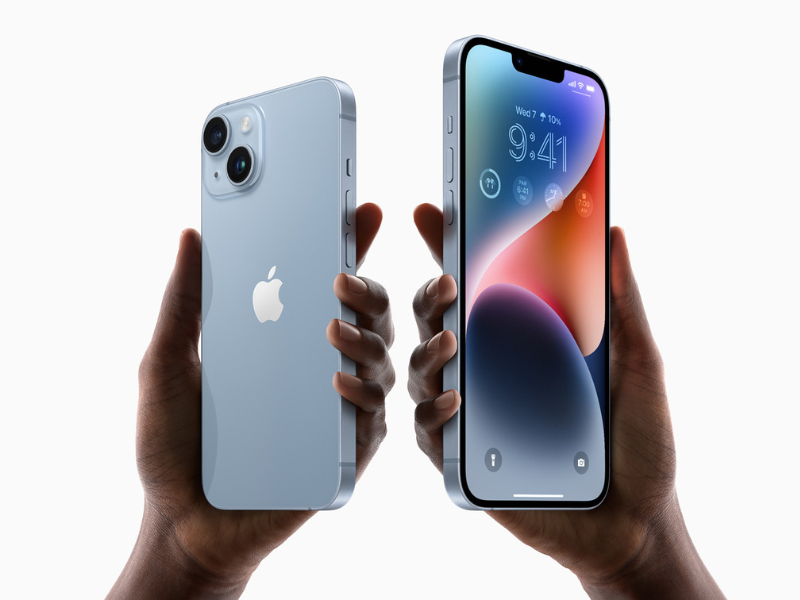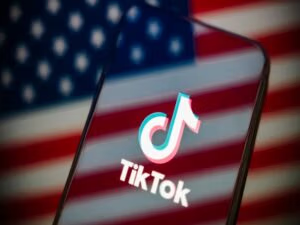Apple may be preparing to raise prices on its upcoming iPhones this fall — but not necessarily by changing the sticker price.
Amid ongoing trade tensions and looming tariffs on Chinese imports, the tech giant is reportedly exploring ways to offset higher costs without triggering consumer backlash or political scrutiny. According to a Wall Street Journal report, the company is considering raising prices indirectly, by tying them to upgraded hardware or premium features.
“When we say price increases, we don’t mean like-for-like pricing increases necessarily. We don’t necessarily mean that iPhone 17 will be more expensive than the equivalent iPhone 16,” said Gil Luria, head of technology research at investment firm D.A. Davidson. “There’s several ways Apple can increase prices.”
One option: cutting back on included features like storage and charging more for upgrades. Apple might also price AI tools or sleeker hardware, such as the rumored thinner “iPhone 17 Air,” as premium add-ons.
This approach allows the company to quietly raise average selling prices without drawing the kind of political blowback that could follow a direct increase linked to tariffs. “It is somewhat political because if they do come out and do an across-the-board increase, then the headline news is ‘tariffs cost passed onto customers’ and that pisses people off,” said Daniel Morgan, senior portfolio manager at Synovus.
President Donald Trump has previously criticized companies that passed tariff costs to consumers. Apple CEO Tim Cook has made efforts to maintain a working relationship with the administration, even attending Trump’s inauguration and announcing a $500 billion investment in U.S. facilities.
Still, the tariff situation remains fluid. Though smartphones are currently exempt from reciprocal duties, the Trump administration on Monday announced a 90-day agreement with China that would temporarily reduce some tariff rates. That provides only short-term relief. Apple still manufactures the bulk of its iPhones in China, and Cook has warned tariffs could cost the company $900 million in Q2 2025 alone — even with plans to shift more production to India.
Morgan previously estimated that Apple would need to raise iPhone prices by about 30% to fully offset tariff costs — potentially pushing the starting price of an iPhone 17 well above $1,000, compared to the iPhone 16’s $799 base model.
For now, Apple seems focused on more subtle pricing strategies. By positioning new features like Apple Intelligence and design updates as value upgrades, the company could justify higher costs without alarming customers.
“Consumers would likely feel better about paying more for a thinner phone, or design and format changes, rather than feeling like a sucker trapped in the middle of a trade war,” said Mike Bailey, director of research at FBB Capital Partners.
Apple didn’t respond to a request for comment, nor has it publicly addressed whether tariffs will directly impact pricing decisions.
As for how customers will respond, that may depend on how much value they perceive in the enhancements. “The question will be: Will people perceive enough value in that to pay up?” Morgan said.
While iPhone sales have slowed in recent years — with consumers holding onto devices longer — Apple still saw a 1.9% year-over-year bump in iPhone revenue in Q1 2025. But any pricing move risks slowing upgrades further.
“That is always the tradeoff when you raise prices,” Luria noted, “to make sure that it’s not at the expense of volume.”






